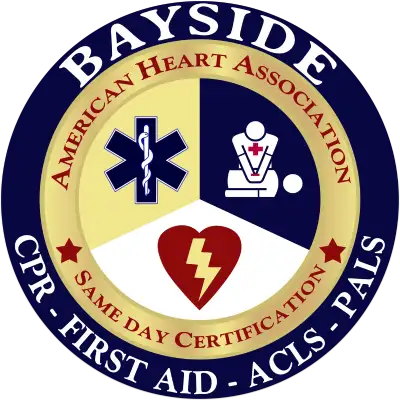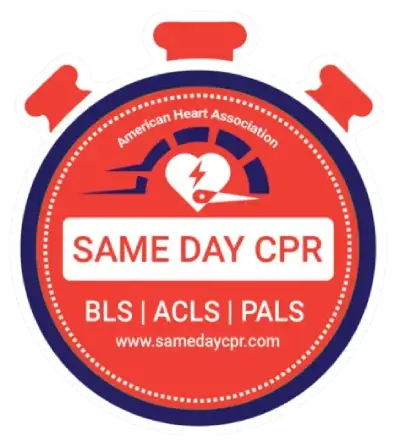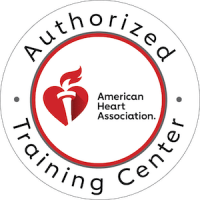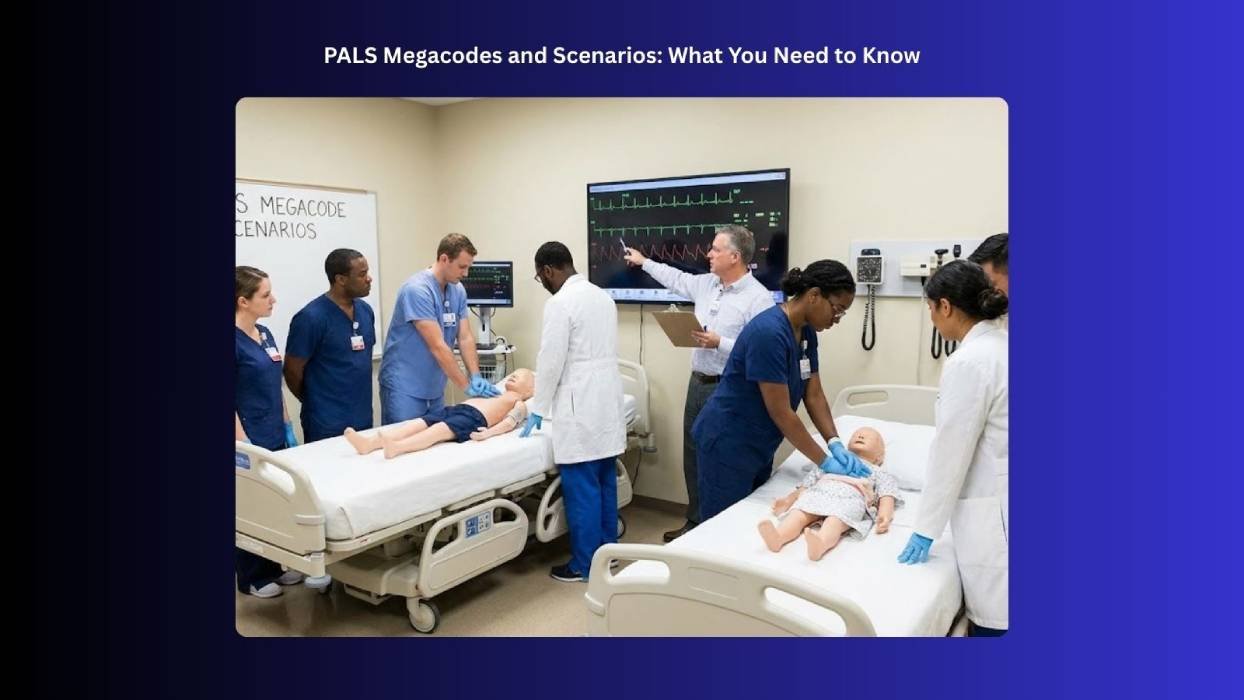
Author Archives: Kyle Hastings

What Does CAB Stand for In CPR?
CPR (cardiopulmonary resuscitation) is a crucial life-saving procedure that greatly increases survival chances during cardiac arrest. The acronym “CAB,” which stands for Compressions, Airway, and Breathing, highlights the importance of beginning ...
Read More ›
PALS Megacodes and Scenarios: What You Need to Know
Pediatric Advanced Life Support (PALS) teaches healthcare providers how to recognize and respond to life-threatening emergencies in infants and children. It focuses on rapid assessment, clear communication, and the right interventions at the right ti...
Read More ›
What Is the Most Common Risk of Exposure to Bloodborne Pathogens...
Healthcare workers encounter blood and bodily fluids daily, exposing them to ongoing dangers from bloodborne pathogens (BBP) and infectious microorganisms such as Hepatitis B (HBV), Hepatitis C (HCV), and Human Immunodeficiency Virus (HIV). These pat...
Read More ›
How Technology Is Transforming Heart Monitoring
Technology is reshaping the way we understand and track heart health, making advanced monitoring more accessible, more accurate, and far more patient-friendly than ever before. What once required a clinic visit and bulky equipment can now happen on a...
Read More ›
The Ultimate CPR Playlist: Songs to Help You Stay on Beat
Ever wondered how to keep the right rhythm during CPR (cardiopulmonary resuscitation)? Music might be the secret. The right song can help you stay calm, focused, and on beat while giving chest compressions. Studies show that certain tunes match the p...
Read More ›
How to Replace Lost American Heart Association (AHA) CPR Card
Losing your AHA CPR certification card can feel frustrating, especially if your employer requires proof of your credentials or you need it for your work. The good news: you can replace your lost card, and the process is fairly straightforward if you ...
Read More ›

